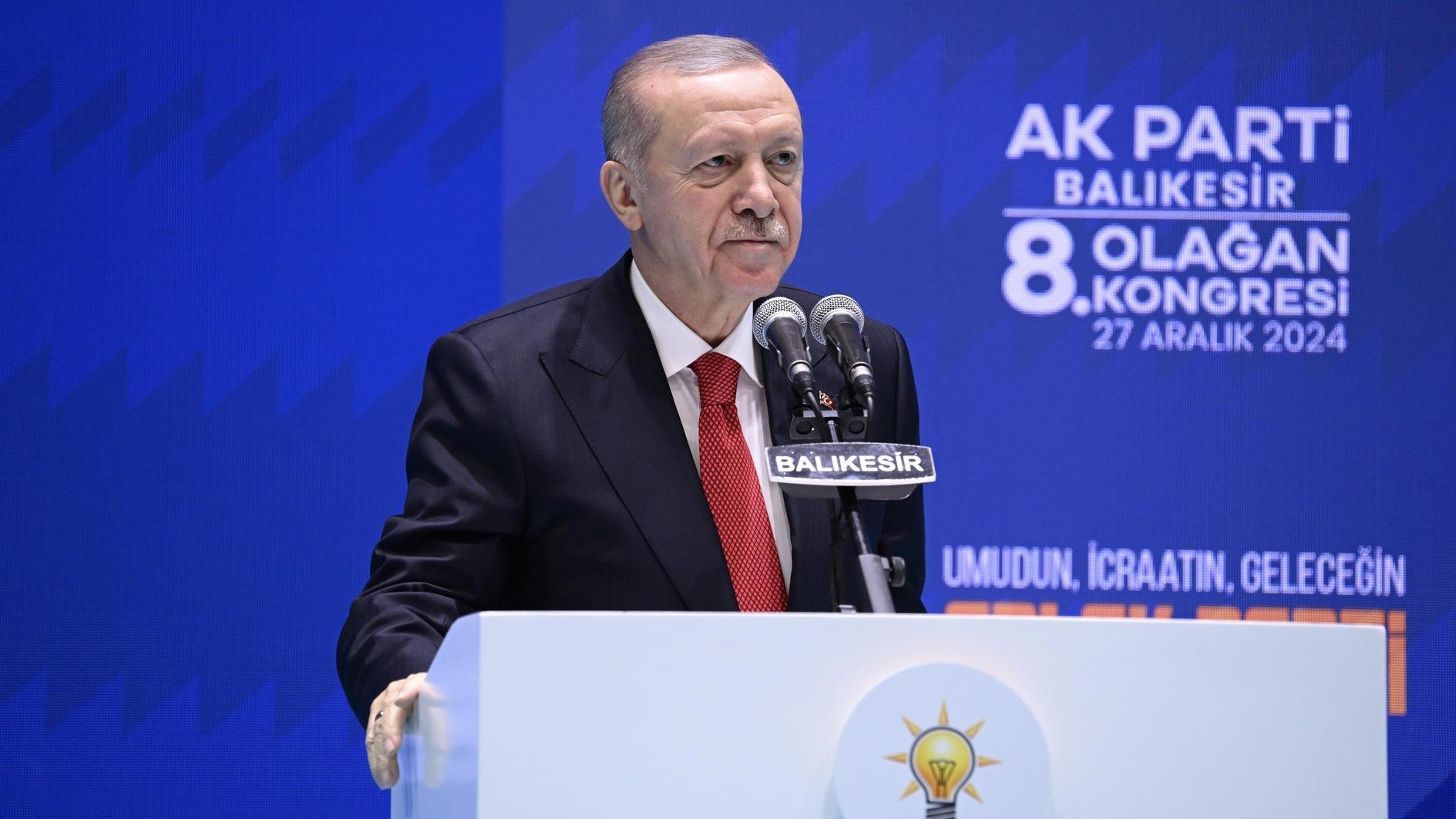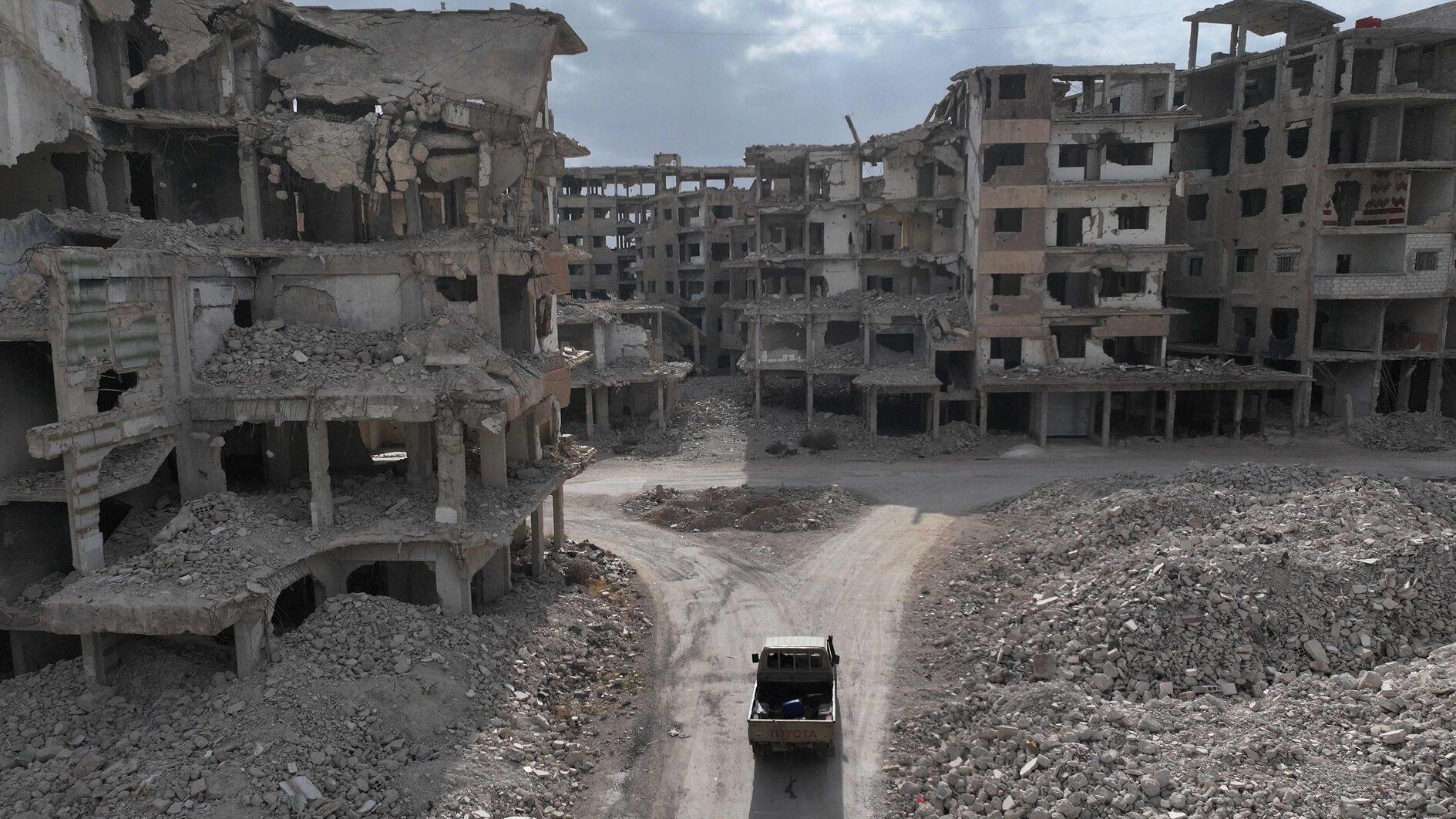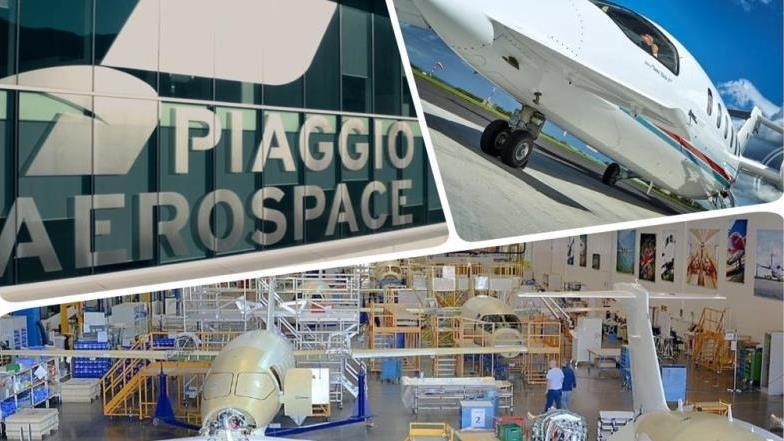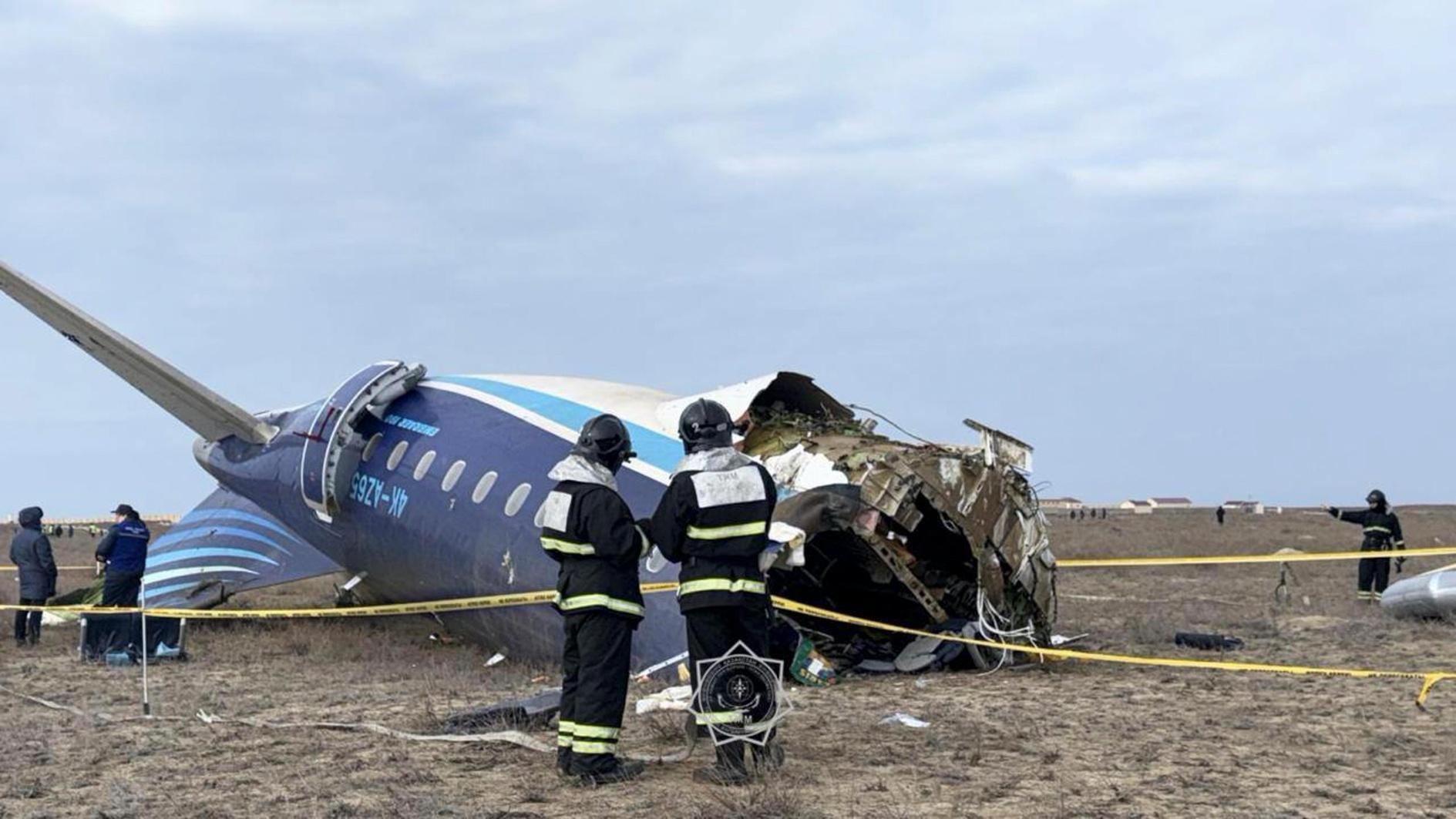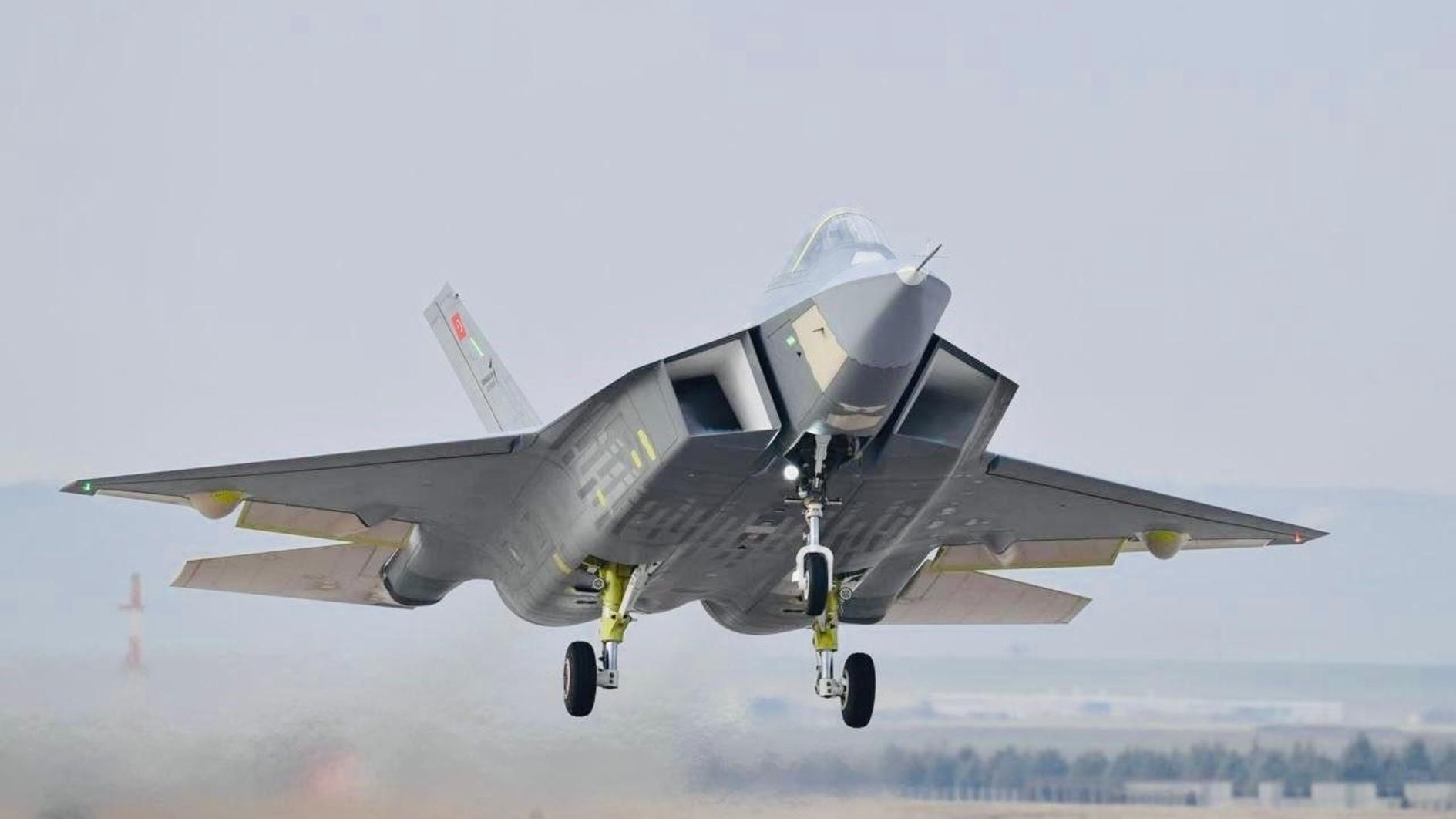NATO’s involvement may be perceived as religious war
This assumption belongs to Turkey’s permanent representative at NATO, Ambassador Fatih Ceylan. In an interview with the Turkish section of the BBC, Ambassador Ceylan responded to a question on probable NATO involvement on the fight against the Islamic State of Iraq and the Levant (ISIL) as follows:
“NATO’s straight-forward involvement could risk sparking different perceptions in the regions. There is no a fight between Christian and Muslim worlds here. There is terror here and it should be defeated. It has nothing to with Christians or Muslims. It should be well-known that it is not a religious war and terrorist groups, like ISIL, should not be allowed to abuse this.”
Ceylan’s statements come as NATO Secretary-General Jens Stoltenberg paid his second visit abroad to Turkey after he took office, amid Turkish calls to the international community for the establishment of safe havens in Syria and no-fly-zones over Syrian airspace. Stoltenberg was clear in saying the issue was not brought up to NATO and went further by saying the call to deal with the Turkish proposals was the anti-ISIL coalition. So it’s not easily understandable why Turkey is insistently trying to bring this issue before the NATO Council, although it believes it can cause further problems.
The main messages delivered by Stoltenberg were that the alliance was ready to defend Turkey in case of an attack and that the Patriot systems will continue to be deployed as long as Turkey needs them.
Turkish and NATO officials are obviously working on contingency plans, but that does not mean the alliance is full ready to cooperate with Turkey for the establishment of safe havens. This is the situation with NATO.
As for the United States-led anti-ISIL coalition, the situation is not much different. The objectives and priorities of Turkey and the coalition members are sharply different. Turkey says it won’t move its finger without seeing a comprehensive strategy that would deal with both the Bashar al-Assad regime and ISIL. The coalition, however, is in cooperation with the al-Assad regime to facilitate its aerial attacks on the ISIL targets and does not regard Damascus as an imminent threat.
Although military-to-military dialogue between Turkey and the U.S. will continue in due course as a follow-up to anti-ISIL coordinator Gen. John Allen’s visit to Turkey, one can hardly describe these conversations as “sound”. Plus, Chief of General Staff Gen. Necdet Özel kindly declined to attend a key military meeting to take place in the U.S. next week.
Recent days have also observed reactions from two major regional countries, Iran and Russia, who openly voiced their objections to Turkey’s plans to establish safe havens inside Syria. Russian Deputy Foreign Minister Mikhail Bogdanov was in Ankara on the same day with the NATO chief and the American delegation. Russia has already conveyed the message that any military attempt into Syria requires the consent of the U.N. Security Council, in which it is one of the five permanent members.
Iran, on the other hand, has strongly vowed that it will never allow the dissolution of the al-Assad regime and stressed that it urged Turkey to not initiate declaring safe havens inside the country.
These points of disagreement between Turkey and the international public opinion, especially the Western bloc, are also producing unfair judgments and misperceptions about Turkey. Claims that Turkey prefers the ISIL to the Syrian Kurdish Democratic Union Party (PYD) and that it still supports the jihadist militants do not have adequate ground.
But Turkey also has responsibility in nourishing all of these claims. A European source speaking on the condition of anonymity underlined that, “The foreign policy Turkey has been pursuing in the region is un-understandable, not understandable at all to the Europeans.” The source described Turkey’s policy and interests as ambiguous, especially when it comes to the Syrian theater, failing to produce projects apart from a rhetoric placing priority to the destruction of the al-Assad regime. “Turkey should be part of the coalition and makes its objectives clear to its closest allies,” stressed the source.
It’s of great importance for Turkey to take steps to correct the misperception spreading from its own region to Europe, from NATO to the U.N. This can only be done by recalibrating its position vis-à-vis Syria and the fight against ISIL’s brutality.



